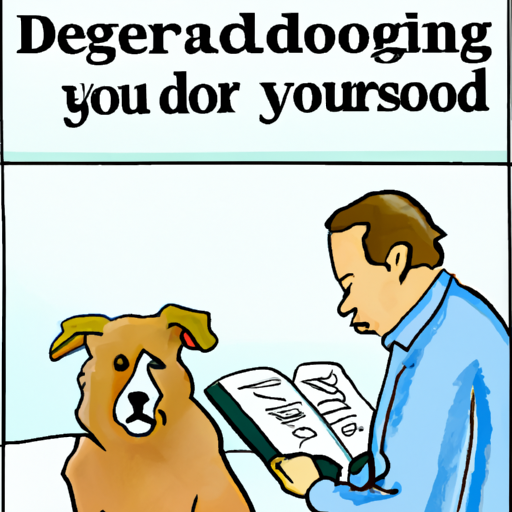Your Dog’s Health in Their Waste
As a dedicated caregiver to your canine companion, it’s no surprise that you find yourself concerned by any changes in their habits or health. One such alarming change could be the appearance of slimy, mucus-like poop. Before you panic, remember that this could be a normal reaction to a dietary change or a minor digestive upset. However, if the issue persists or is accompanied by other symptoms, it may be cause for concern.
What Does the Mucus Mean?
Mucus is often a sign of inflammation in the intestines. Your dog’s digestive tract uses mucus to keep the lining of the colon moist and lubricated. As such, a certain amount of mucus in your dog’s stool is normal. However, if the amount increases significantly, it could indicate a problem.
Here’s a simple table to help you understand what different types of mucus might mean:
| Color of Mucus | Possible Cause |
|---|---|
| Clear | Normal, especially if the stool is otherwise normal |
| Yellow or Green | Possible infection |
| Red | Blood, possibly indicating injury or inflammation |
The Potential Causes of Slimy Poop
- Dietary Changes: If you’ve recently changed your dog’s diet, the new food could be the culprit. Abrupt changes can upset your dog’s stomach and create a slimy mess.
- Stress: Dogs can have physical reactions to emotional upset. If there has been a significant change in your dog’s environment, it could be causing stress-related digestive issues.
- Parasites: Parasites like giardia can disrupt your dog’s digestive tract and cause mucus in the stool.
- Infections: Bacterial or viral infections can cause inflammation and result in mucus-laden stool.
What to Do When Your Dog’s Poop is Slimy
When you notice a change in your dog’s stool, it’s crucial to monitor their overall health. Check for:
- Changes in appetite
- Lethargy
- Vomiting
If any of these symptoms accompany the slimy poop, it’s time to seek veterinary help. Otherwise, consider the following steps:
- Return to a previously well-tolerated diet
- Provide plenty of clean, fresh water
- Monitor your dog’s behavior and stool for any further changes
FAQ
Q: How long should I wait before taking my dog to the vet?
A: If the slimy stool persists for more than two days, or if it’s accompanied by other worrisome symptoms, it’s best to consult your vet.
Q: Can I prevent my dog from having slimy poop?
A: Ensuring a balanced diet, regular exercise, and routine vet check-ups can help keep your dog’s digestive system healthy.
Q: Could my dog’s slimy poop be a sign of a serious condition?
A: While mucus in the stool can be a sign of many different issues, some more serious than others, it’s best to consult a vet if you’re worried.
Q: Is slimy poop a common issue in dogs?
A: Changes in stool can happen from time to time. If it’s a one-off incident, it’s usually not a cause for concern. If it recurs, however, it may indicate an underlying issue.
Remember, as a caregiver, it’s your job to ensure your dog’s health and happiness. When in doubt, always consult with a professional.



